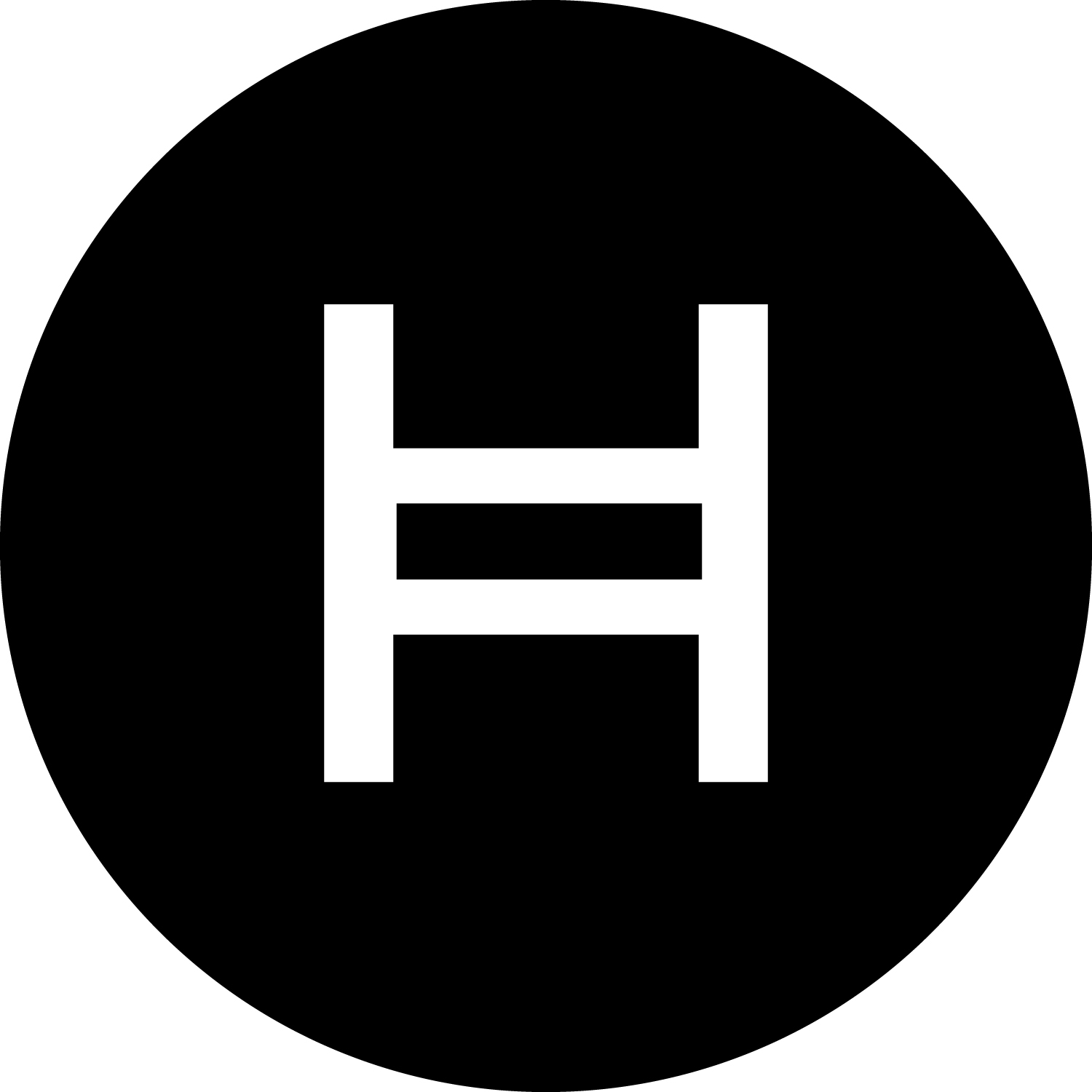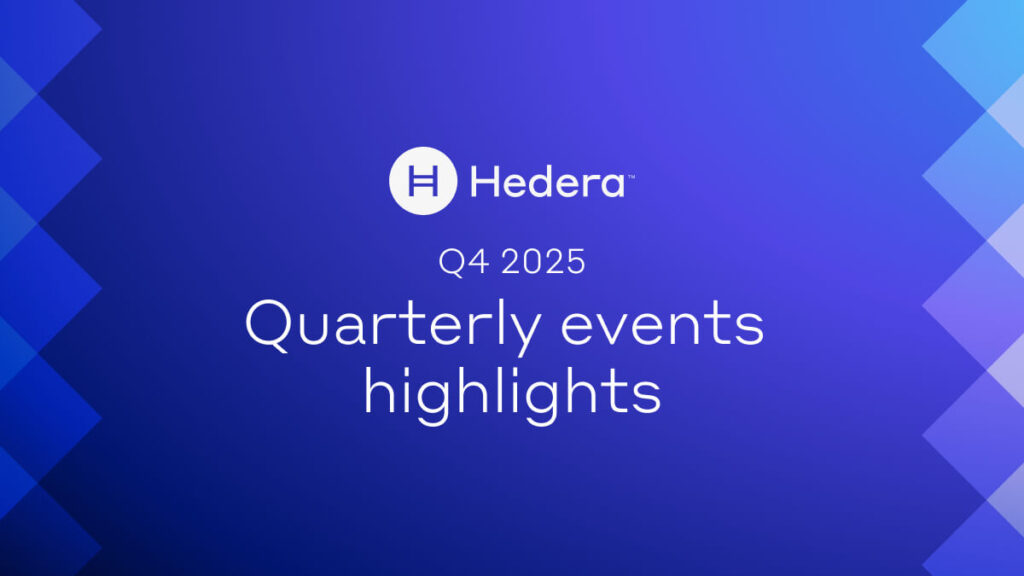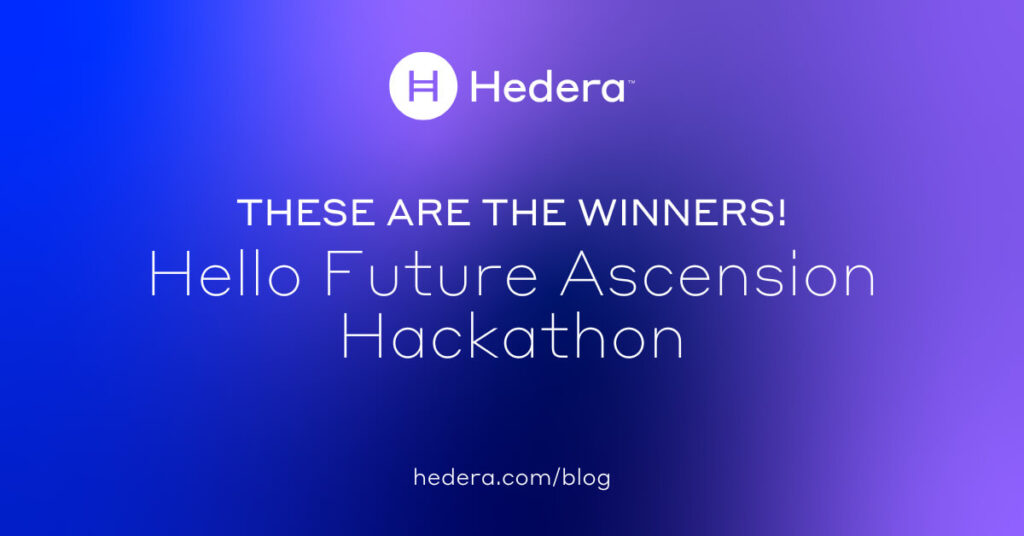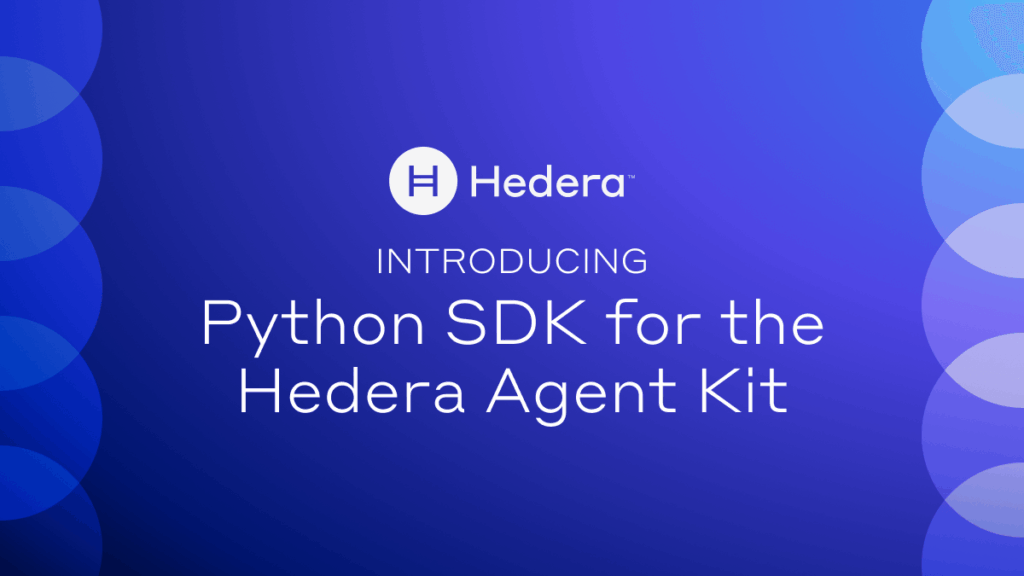Johannesburg, South Africa and Dallas, TX – 24 February 2021 – Standard Bank Group, the largest African bank by assets, has partnered with Hedera Hashgraph, an enterprise-grade distributed public ledger, and joined the Hedera Governing Council. Standard Bank will establish the continent’s first Hedera network node, which is set to solve some of the sore points that have historically beset the development of cross-border trade.
Lengthy settlement periods, information asymmetry between multiple parties involved in a transaction, which ends up creating delays in receiving approval from intermediaries, are some of the challenges that create bottlenecks in cross-border trade. Further, there is little to no visibility or transparency for all parties involved.
Hedera’s distributed ledger technology (DLT) effectively allows for the sharing of information between two parties involved in a transaction and ensures that that information or data is in fact credible and authentic – without the need for a trusted intermediary. Transactions conducted via the DLT platform are not confirmed until all data fields and conditions are met. This creates a transparent environment and allows for trades to be settled faster and more efficiently.
Standard Bank Group has been a pioneer in leveraging blockchain and distributed ledger technologies to bring speed and transparency to its large and growing customer base across Africa. It has leveraged this technology for several use cases, including foreign exchange (FX) payments and settlement across partner banks, clients, and counterparties involved in trades.
“As an organisation, we have established that blockchain technology can track and leapfrog legacy issues that prevent a seamless and transparent payment experience for the customer, which ultimately enables cost savings for all stakeholders,” comments Adrian Vermooten, Standard Bank’s Chief Innovation Officer:
“It is within our vision to enable the group and our clients to connect with networks, within and outside of the Standard Bank Group. These developments form part of our strategic objective to drive digital transformation both within the organisation, and with our partners as a key tenet of delivering value for clients.”
While domestic payments are already instant, cheap and transparent, cross-border transactions are subject to several complications such as dependency on banking networks. Many of these challenges are removed when conducting cross-border payments with digital currencies like stablecoins based on a DLT platform. Stablecoins are designed to minimise price volatility by pegging the currency to a relative or particular “stable” asset or basket of assets. The digital currency provides instant settlement and high liquidity and visibility, which in turn helps businesses to track the process and manage their own liquidity needs. This is critical in the current cash-crunch environment.
“As we see increasing interest in Central Bank Digital Currencies (CBDCs), tokenization of assets, and utilization of stablecoins, it has become increasingly clear that digitization of assets will impact all facets of our business, and we must strategically plan for these pieces to work seamlessly together,” said Ian Putter, Head of DLT/Blockchain at Standard Bank Group.
Mance Harmon, CEO and Co-founder of Hedera Hashgraph, said, “We are seeing an evolution, as organizations and their business partners recognize the value of harnessing the best of private and public distributed ledgers together. Standard Bank has been a trailblazer in its use of DLT to further its mission of developing platforms to engage with and support communities and businesses wherever they operate, and creating more value socially, economically and environmentally for these communities.”
As part of the partnership, Standard Bank joins the Hedera Governing Council – a growing network of the world’s largest enterprises and organizations, including Avery Dennison, Boeing, Dentons, Deutsche Telekom, DLA Piper, eftpos, FIS (WorldPay), Google, IBM, LG Electronics, Magalu, Nomura, Swirlds, Tata Communications, University College London (UCL), Wipro, and Zain Group.
Members of the Hedera Governing Council are responsible for running the initial nodes of the Hedera network, as well as guiding both strategy and software development, over a maximum of two consecutive three-year terms. This ensures stability and is conducive to maintaining diversity and decentralization of the public network, with a governance model that eliminates the risk of forks, safeguards users, and preserves the integrity of the Hedera network.
For more information, visit www.hedera.com/council.
###
About Hedera
Hedera is a decentralized enterprise-grade public network on which anyone can build secure, fair applications with near real-time finality. The platform is owned and governed by a council of the world’s leading organizations including Avery Dennison, Boeing, Dentons, Deutsche Telekom, DLA Piper, eftpos, FIS (WorldPay), Google, IBM, LG Electronics, Magalu, Nomura, Standard Bank Group, Swirlds, Tata Communications, University College London (UCL), Wipro, and Zain Group.
For more information, visit www.hedera.com, or follow us on Twitter at @hedera, Telegram at t.me/hederahashgraph, or Discord at www.hedera.com/discord. The Hedera whitepaper can be found at www.hedera.com/papers.
About Standard Bank Group
Standard Bank Group is the largest African bank by assets with a unique footprint across 20 African countries. Headquartered in Johannesburg, South Africa, we are listed on the Johannesburg Stock Exchange, with share code SBK, and the Namibian Stock Exchange, share code SNB.
Standard Bank has a 156-year history in South Africa and started building a franchise outside southern Africa in the early 1990s.
Our strategic position, which enables us to connect Africa to other select emerging markets as well as pools of capital in developed markets, and our balanced portfolio of businesses, provide significant opportunities for growth.
The group has more than 53 000 employees, approximately 1 200 branches and over 9 000 ATMs on the African continent, which enable it to deliver a complete range of services across personal and business banking, corporate and investment banking and wealth management.
Headline earnings for 2019 were R28.2 billion (about $1.9 billion USD) and total assets were R2.3 trillion (about $163 billion USD). Standard Bank’s market capitalisation at 31 December 2019 was R169 billion ($10 billion USD).
For Media Enquiries
Ross Linstrom
+27 11 721 5703
Ross.Linstrom@standardbank.co.za
Zenobia Godschalk
E: pr@hedera.com





